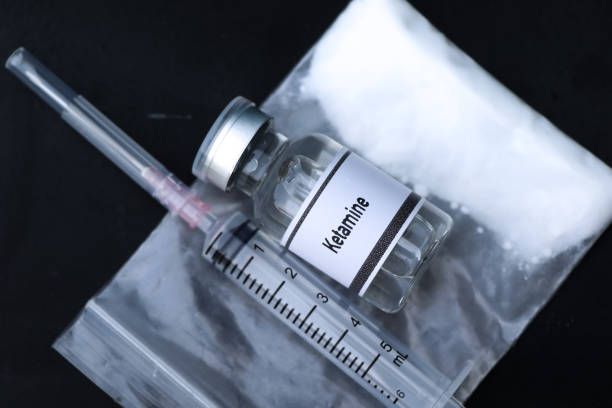In a phase 2 study, pimavanserin showed promise as a treatment for major depressive disorder (MDD) when used in combination with other antidepressants. Two phase 3 studies were then conducted to further evaluate its efficacy and safety in patients with MDD who had not responded well to existing antidepressant treatment. The studies were combined due to challenges in recruitment caused by the COVID-19 pandemic.
The double-blind, randomized studies enrolled 298 patients with MDD and inadequate response to current antidepressants. Participants were randomly assigned to receive either pimavanserin or a placebo, in addition to their current treatment, for 6 weeks. The primary endpoint was the change in depression severity as measured by the Hamilton Rating Scale for Depression 17-item version (HAM-D-17) from baseline to week 5.
The results showed no significant effect of pimavanserin on depression severity as measured by the HAM-D-17 (pimavanserin group: mean change [-9.0 with a standard error of 0.58]; placebo group: mean change [-8.1 with a standard error of 0.58]; difference between groups [-0.9 with a standard error of 0.82], P = 0.2956). Pimavanserin did show nominal improvement on two secondary measures (the Clinical Global Impressions-Severity scale and the Karolinska Sleepiness Scale). Adverse events were reported in 58.1% of the pimavanserin group and 54.7% of the placebo group.
In conclusion, while adjunctive pimavanserin did not significantly improve depression symptoms, it was well-tolerated by patients.
|
Psychopharmacology Bulletin. 2022;52(4):8–30. |




Leave A Comment